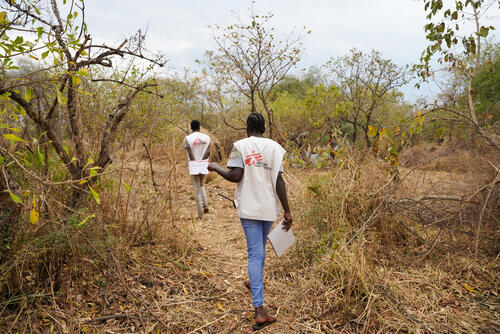Discover all our latest news, stories and publications. Use the filter to get to the content you're looking for.
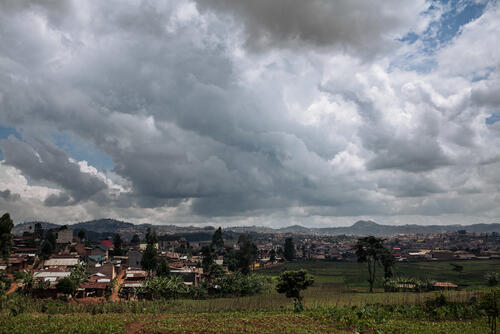
MSF responds in North Kivu to twelfth Ebola outbreak in DRC
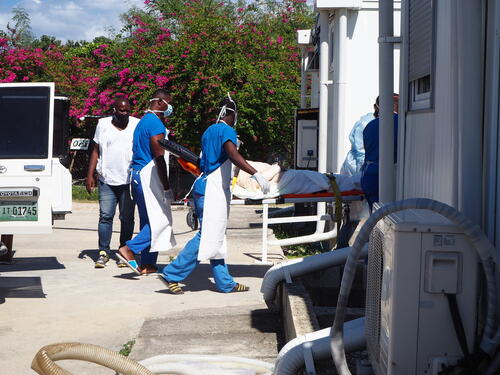
Staff forced to transfer burns hospital patients following Port-au-Prince violence
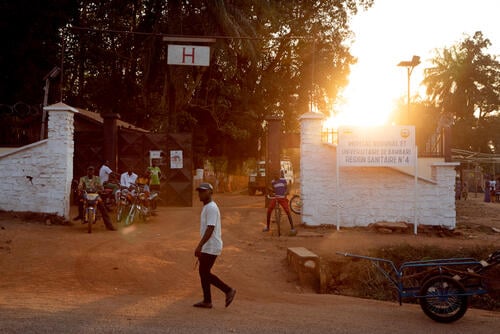
People, medical facilities hit during violence in southern CAR
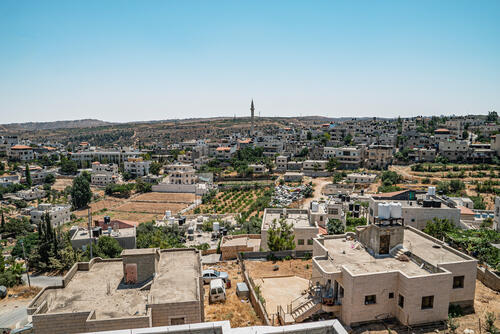
“In Israel, you’re 60 times more likely to have a COVID vaccine than in Palestine”
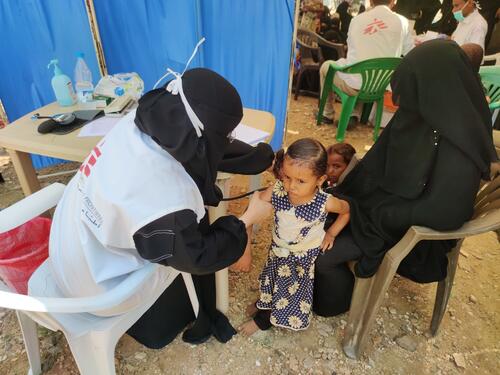
Severe malnutrition on the rise among children in Abs, northern Yemen
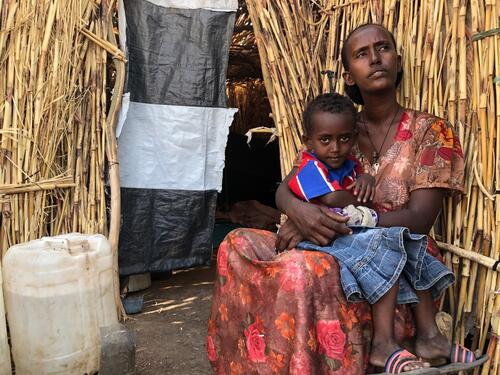
For refugees in Hamdayet, Sudan, “everyone is hungry, and everyone is tired”
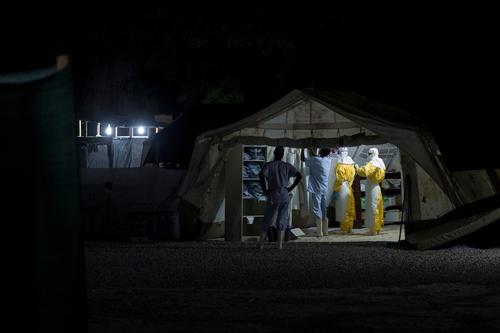
Five questions on the Ebola outbreak in Guinea
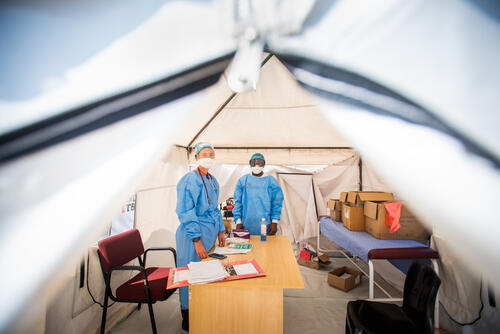
Southern Africa needs the right COVID-19 vaccines, at the right price – right now
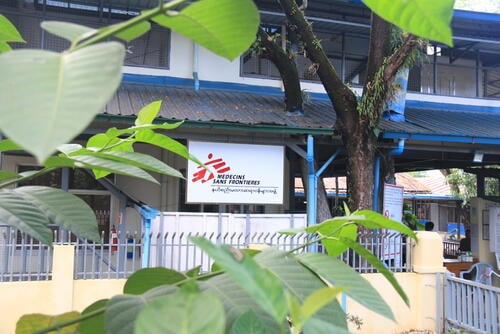
MSF concerned for welfare of healthcare workers and people in Myanmar
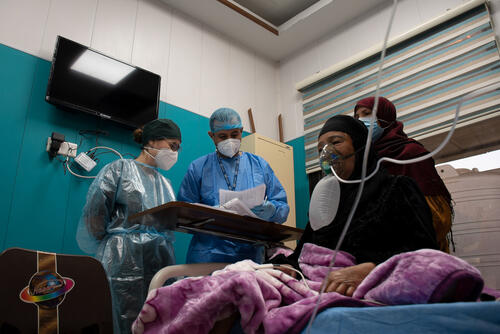
Severe COVID-19 patients in Iraq “were almost sure to die”
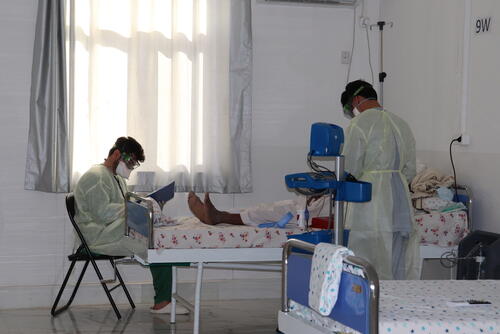
Keeping an eye on COVID-19 cases in Herat, Afghanistan
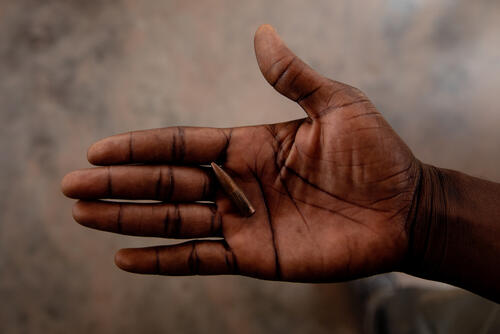
A journey of healing in CAR amid post-electoral violence
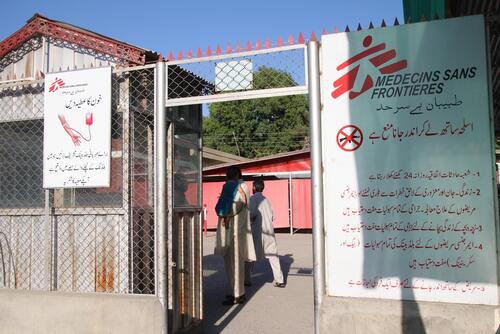
After 12 years of support, MSF hands last hospital activities over in Timergara, Pakistan
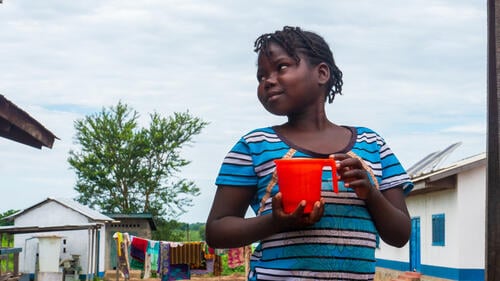
No fridge, no problem, to store insulin for people with diabetes
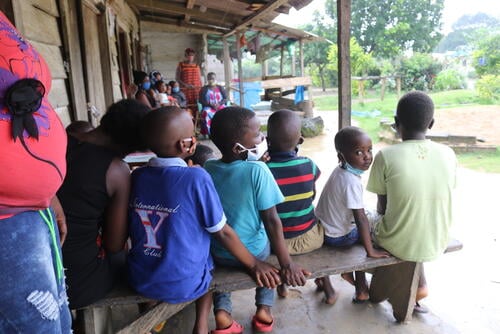
Healthcare in the community, by the community in Cameroon
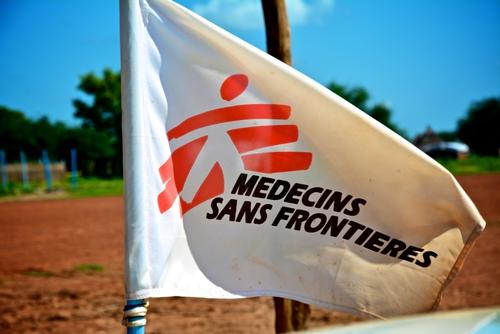
Ambulance fired on in South-West Cameroon
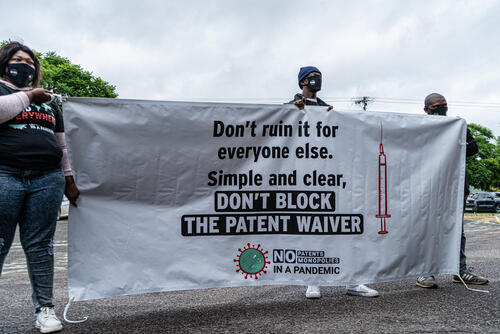
MSF urges wealthy countries not to block COVID-19 patent waiver
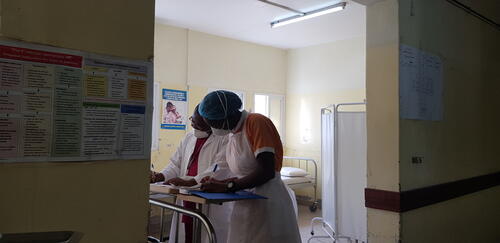
Ravaged by new strain, southern Africa must get COVID-19 vaccines
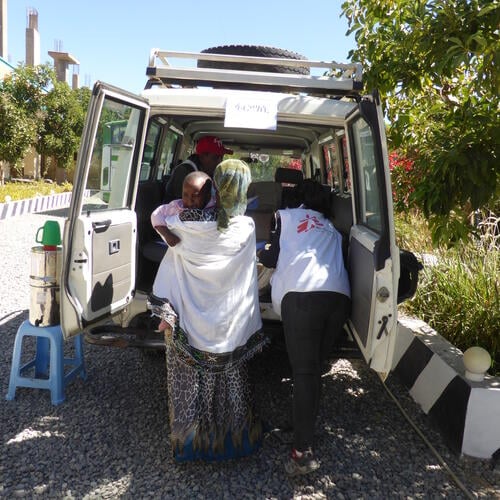
Ethiopia: “If seriously ill people can’t get to hospital, you can imagine the consequences”
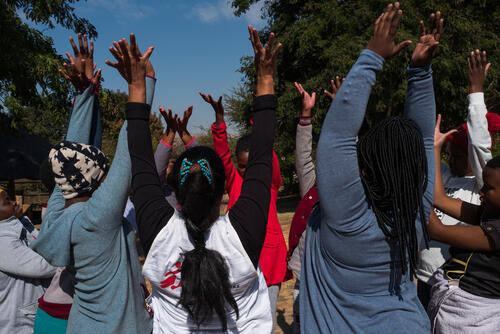
MSF welcomes reversal of the Global Gag Rule on safe abortion

Abandoned at the borders: stories of people on the move during winter
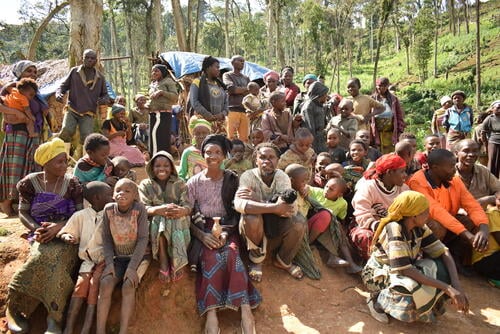
South Kivu: An endless flight
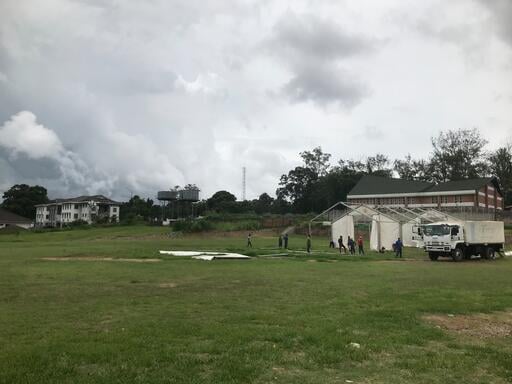
Malawi is overwhelmed by second wave of COVID-19
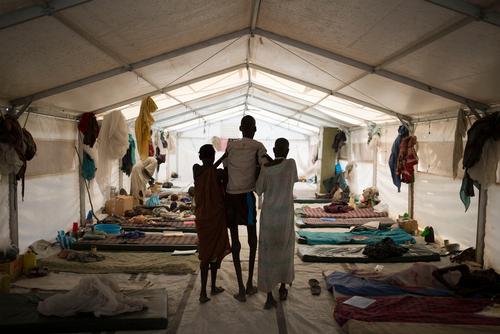
No more neglected diseases, no more neglected patients

How we deliver medical humanitarian assistance
Everywhere we work, the circumstances are unique. Nonetheless, our programmes generally follow a common set of practices designed to make sure our resources and expertise are used to maximum effect.



